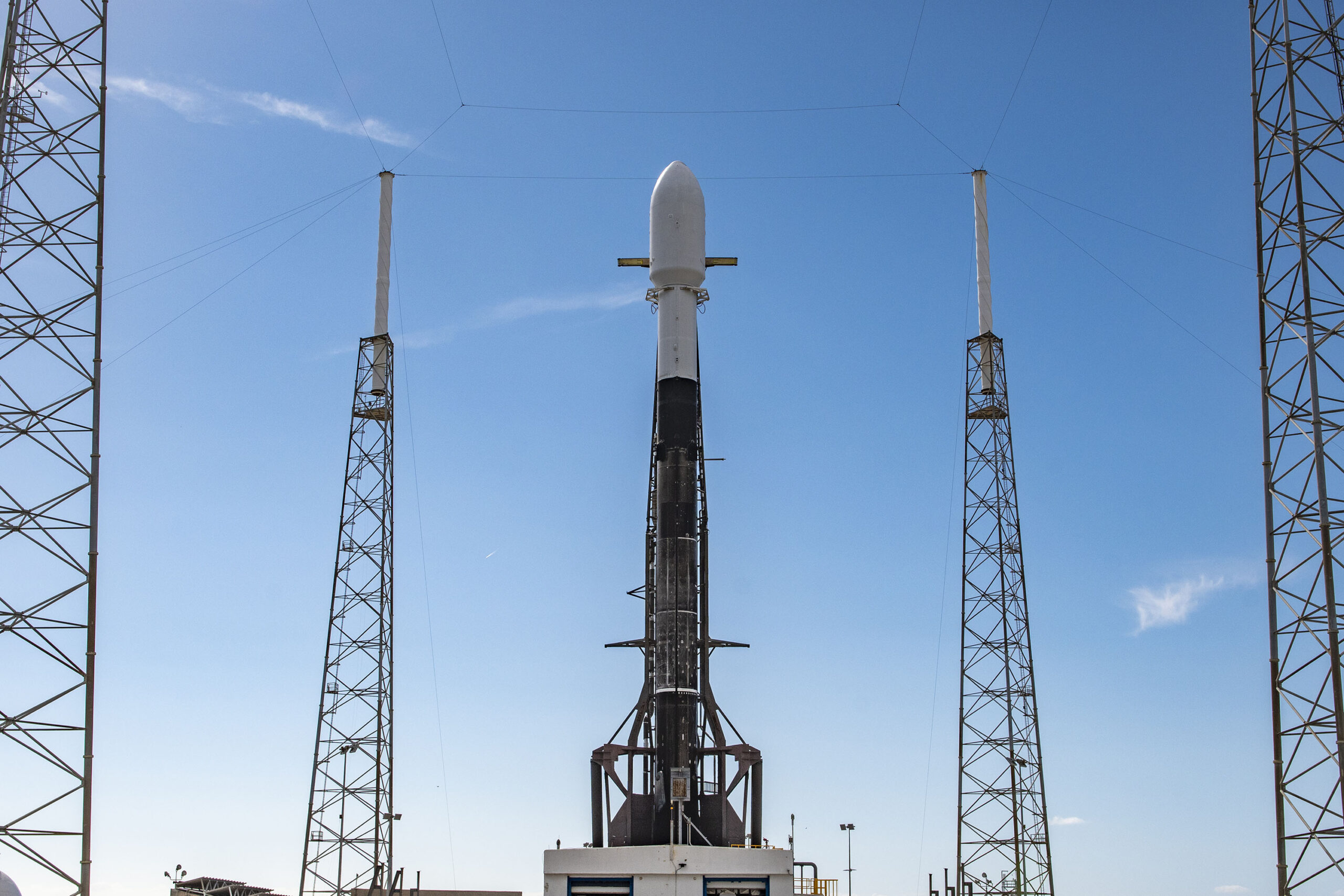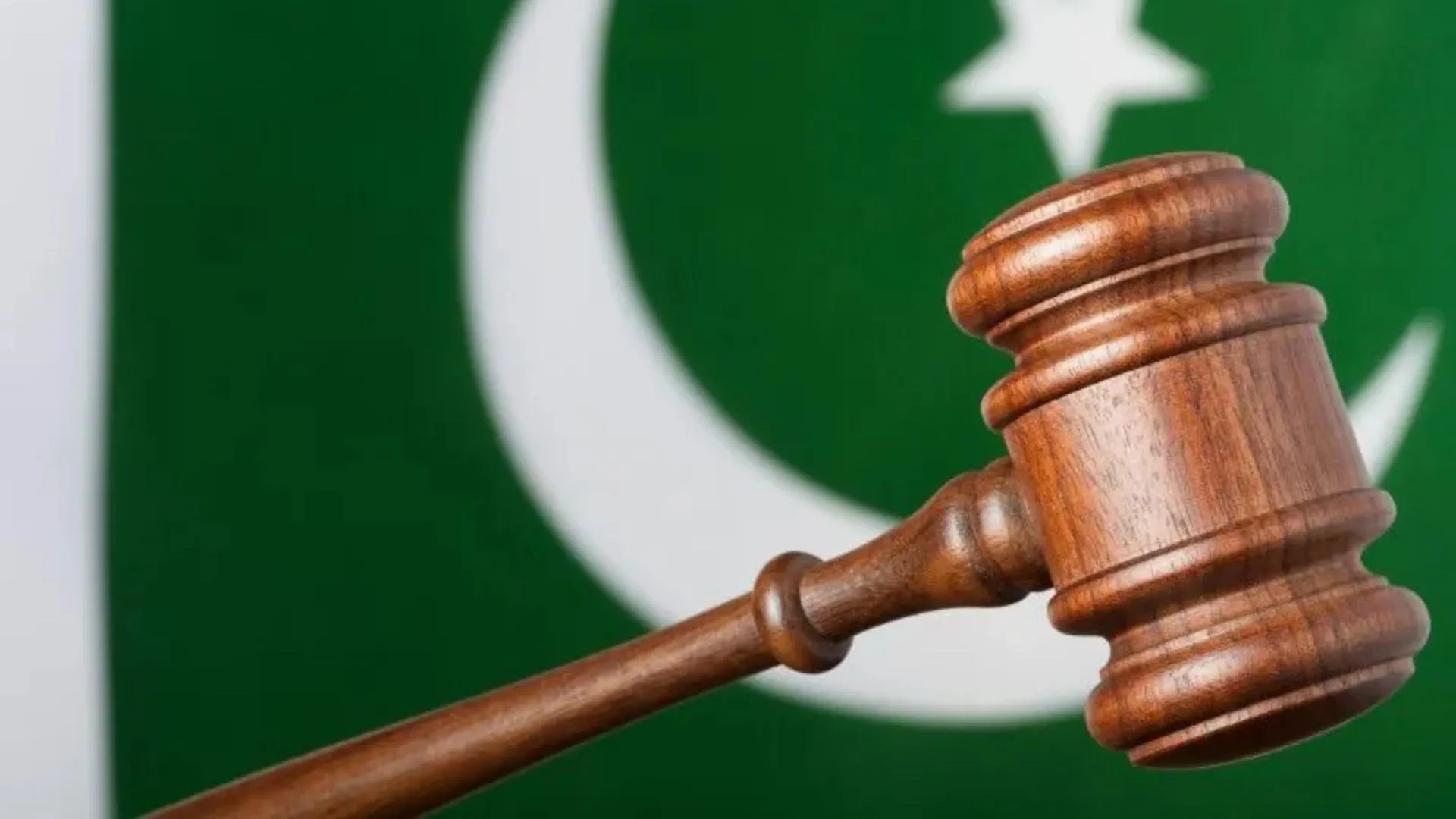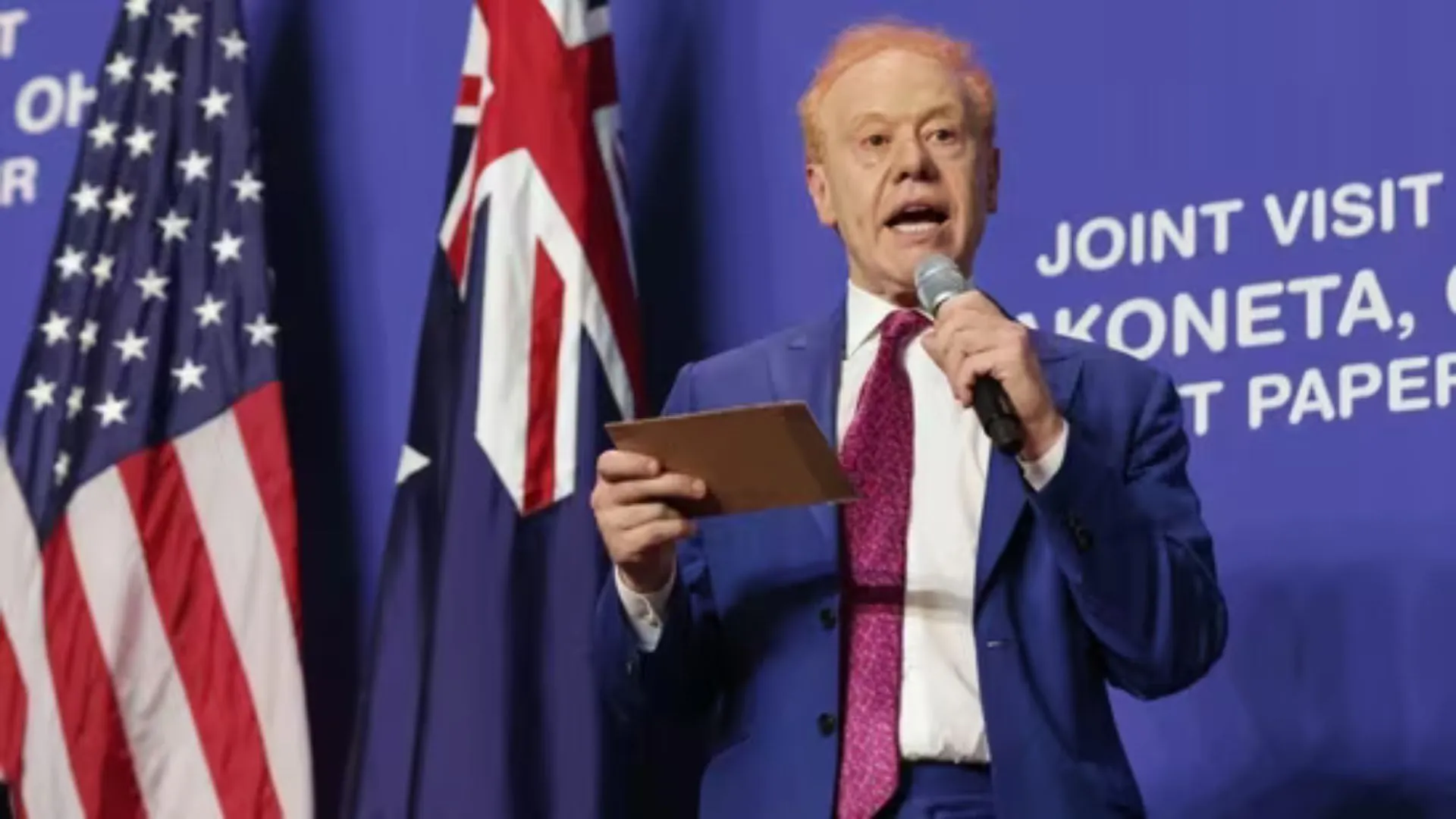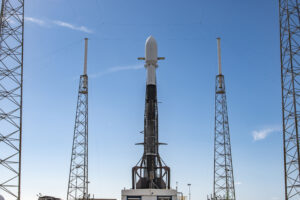The Dubai Electricity and Water Authority (DEWA) completed final preparations for the April 2023 launch of its second nanosatellite for distant sensing uses.
An element of DEWA’s Space-D initiative is the 6U nanosatellite. The SpaceX Falcon 9 rocket will launch DEWA Sat-2 from the US state of California’s Vandenberg Air Force Base. In partnership with NanoAvionics in Lithuania, the nanosatellite was created and developed at DEWA’s Research and Development Center. A high-resolution camera (4.7 metres) on the new satellite will be utilised for Earth observation missions.
The high-resolution camera provides continuous line-scan imaging in 7 spectral bands from approximately 500km orbit. The new satellite is also equipped with Infrared equipment to measure greenhouse gases.
The combined use of DEWA SAT-2 images and Internet of Things (IoT) measurements from DEWA SAT-1 will enable DEWA to improve the operational performance of power generation and water desalination plants by providing accurate estimates of seawater temperature, seawater salinity, detection of red-tide, as well as fog monitoring and forecasting.
DEWA launched DEWA-SAT1 in January 2022. It uses LoRa IoT communication technology, a new wireless protocol designed for long-range and low-power communications, to expand the coverage of the existing terrestrial communications network.
DEWA is the first utility in the world to launch nanosatellites to improve its planning, operation, and maintenance activities. Using satellite network communication, IoT and Artificial Intelligence contributes to improving the efficiency of photovoltaic solar panels at the Mohammed bin Rashid Al Maktoum Solar Park, the largest single-site solar park in the world, using the Independent Power Producer (IPP) model.














